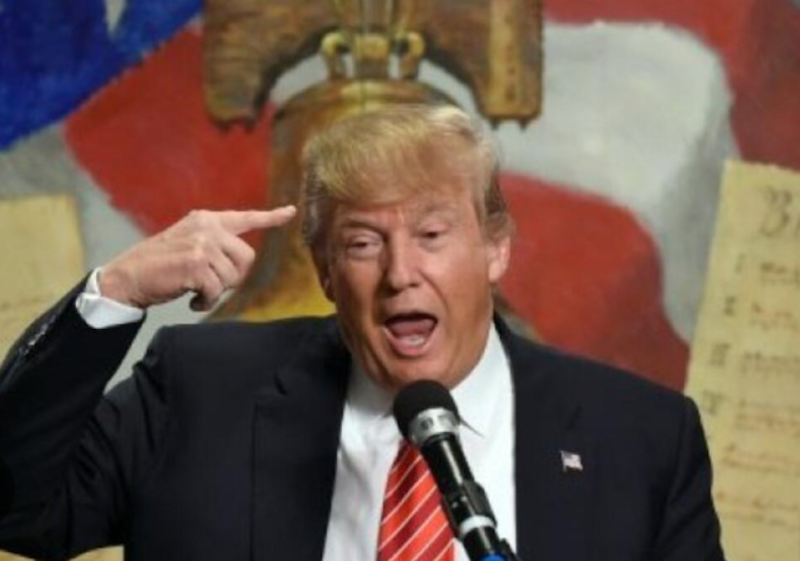Every May is Mental Health Awareness Month, but this is different as the country enters an authoritarian regime. The nation wakes daily not knowing what ghoulish White House AI-generated image will emerge from the abusive parent who’ll deny it later, gaslighting us into thinking we’re crazy while his malignant narcissism continues unchecked. The narc-in-chief has the lowest ratings on every poll of any president in 8 decades, yet the unending cycle of abuse ensures that the most loyal of the Stockholm Syndrome victims who continue to praise their cult leader stay obedient even if the continued distorted thinking leads them right off the cliff.
For the sane and reasonable who’re aware of the destruction happening, mental health suffers. The MAGA cult coined a term “Trump Derangement Syndrome” that refers simply to those who don’t guzzle the red-hat Kool-Aid. Therapists refer to an increase in patients and have coined the term “Trump Anxiety Disorder,” to reflect the public’s increased levels of stress and depression, seen in many young people, immigrants and people of color, indicating politics significantly impacts health, causing loss of sleep, suicidal thoughts, shortened temper and obsessive thoughts.
This week The National Alliance on Mental Illness (NAMI) released a statement indicating they’re “deeply alarmed following the release of President Trump’s proposed discretionary funding levels for Fiscal Year (FY) 2026, which seek unprecedented and drastic funding cuts across the federal government (that) could be devastating for people with mental illness.“
Specifically, it proposes to cut nearly $18 billion (40 percent reduction) from the National Institute of Health (NIH) and nearly $1.1 billion (15 percent reduction) from programs currently under the Substance Abuse and Mental Health Services Administration (SAMHSA).
“Mental health care is one of the few issues where there is strong and deep bipartisan support—largely because no family is untouched by our nation’s mental health, overdose, and suicide crises,” said Hannah Wesolowski, NAMI’s Chief Advocacy Officer. “Cuts of this magnitude would certainly disrupt critical research and programs that help people with mental illness get well and stay well, resulting in more people’s symptoms getting worse and putting people out of work, on the streets, and in jails and emergency rooms. This proposal isn’t just a list of numbers on a page. These cuts will directly hurt people with mental illness and their families.”
Marginalized communities are especially impacted by mental health funding cuts. One day after Trump’s inauguration in January, The Trevor Project—one of the most well-known suicide prevention organizations for LGBTQ+ communities across the country—witnessed a 700 percent increase in usage of crisis lines.
Trump has repealed dozens of Biden-era executive orders protecting gay and transgender people from discrimination. He signed an executive order stating the United States will only recognize two sexes and ordered that federal funds not be used to promote “gender ideology.” WGBH Boston reports that that the business of Elly Humphrey, owner and clinical director of Queer Therapy Boston, by and for the queer community, is receiving twice the number of inquiries as usual.
“Politics is really impactful for people’s mental health, especially if you’re part of a marginalized community,” Humphrey said of the queer community. “Yes, people do need to get therapy because of Trump and because of right-wing politics and because of hate,” Humphrey said.
Christy Denckla, an associate professor of social behavioral sciences at the Harvard T.H. Chan School of Public Health, said throughout history there are patterns showing an increase in mental distress during times of political upheaval. She noted that long-lasting chronic stress is worse than acute stress when it comes to health outcomes.
“This moment in history is filled with so much uncertainty for so many people in terms of access to healthcare, social safety net programs, equity, job security, free speech and fair representation,” Denckla said.
—Stay tuned Monday for a second part in this series on dealing with Mental Health during the Trump administration.

